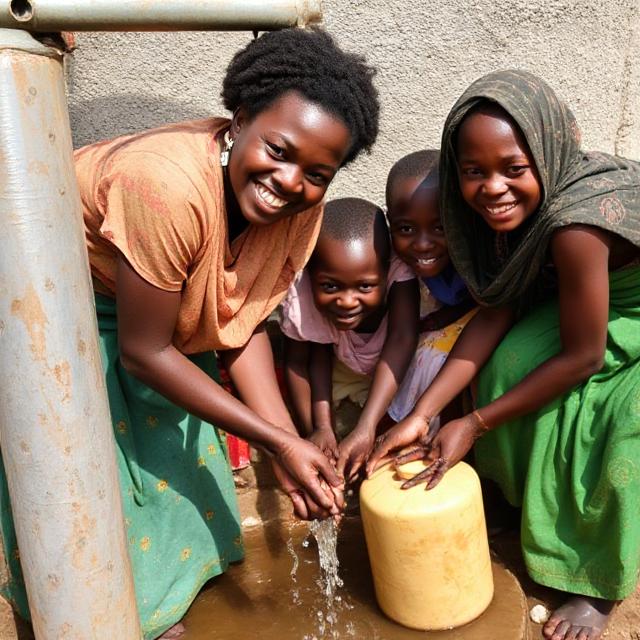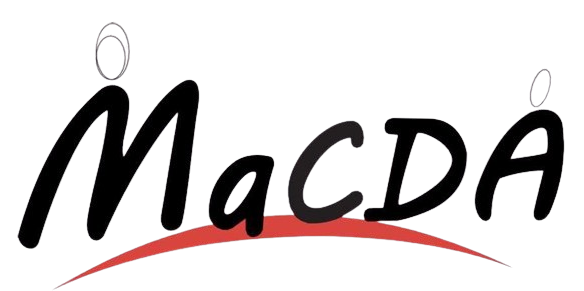WASH

WASH infrastructure coverage is weak in South Sudan. Poor access to WASH services and goods combined with high levels of food insecurity has a detrimental impact on the health of the most vulnerable people. South Sudan has a high prevalence of malnutrition and water-borne diseases, with 74 per cent of households reporting members affected by a water or vector-borne disease such as malaria, fever and acute watery diarrhea.
In addition, counties reporting high GAM rates have also identified with high WASH needs. Protracted conflict has led to destruction of most water infrastructure in both urban and rural areas affected. At MaCDA, we focus on promotion of sustainable, best practices of hygiene and sanitation (i.e. proper excreta disposal, vector control, and solid waste management) and increasing equitable access to, and use of, safe water supply. Key activities include establishment and rehabilitation of water points, hygiene promotion and campaigns, formation and training of water management committees and management of excretory disposal services.
